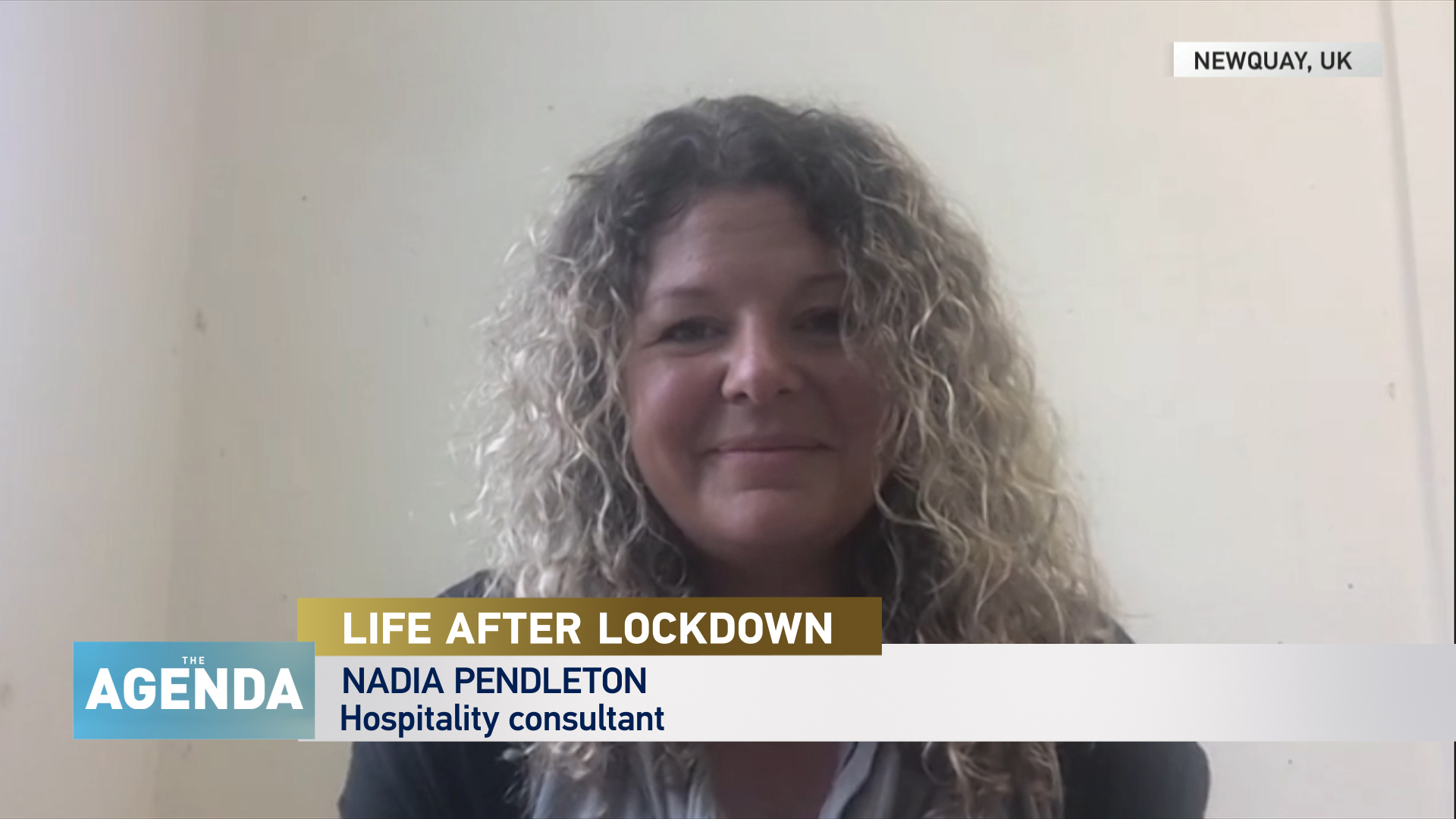06:14

WHAT'S THE ISSUE?
Hospitality has by no means escaped the economic hardship caused by the pandemic. Some even say it was the sector worst hit.
Hotels, restaurants, and bars have all had to rethink how they operate to become compatible with this post-COVID-19 world. So how have they been adapting during lockdowns, and which trends will still be around post-pandemic?

MEET THE EXPERT
Nadia Pendleton is a former Duty Manager at Gordon Ramsay Holdings and a Hospitality Consultant of 17 years. She's been part of the team at nine fine-dining and Michelin Star winning restaurants in London and worked alongside well-established chefs such as Paul Ainsworth and Rick Stein.
Nadia has also written the 'Going Out' guide to London for the Explorer Guidebook series and co-authored a global guide to the '50 Best Luxury Adventure Holidays in the World' from travel company Adventure Temples.
Her written pieces on food, drink, hospitality, and holidays have been published on platforms such as Food Insider, Discover Magazine, and others.

WHAT DOES NADIA SAY?
Nadia believes that some customers will still opt for having fresh boxed ingredients delivered, which they then cook themselves at home. But most will want to be back in sociable spaces after saving money during lockdowns.
She also discusses the shortage of staff in the sector and how hospitality needs to make itself a more appealing workplace as the hospitality hiatus eases around parts of Europe.
"Lack of staff is an understatement - there is an absolute crisis in the industry at the moment," she said. "We have lost a massive volume of seasonal workers - traditional people coming across from Europe and abroad. People who went on furlough - who lost their jobs - started looking elsewhere.
"There is a culture of very long hours and not great pay, a slight tradition of misogyny and power, etc, that makes it less appealing than those industries that people may have moved into. They might now have lovely, comfortable work-from-home office jobs or may have gone into completely different industries, which we've seen a lot of.
"To pull them back to an industry that is very challenging and very demanding can be hard. They've had to freshen up and review flexible working and decent packages and not rely on the old way of doing things - and that can only really be a good thing for everyone involved. I think it was long overdue in terms of professionalizing the industry. Certainly in [the UK], it would be great if we got to the levels of professionalism that you see in Australia and France."


ALSO ON THE AGENDA
- Senior psychology lecturer Nadia Svirydzenka and therapist Anjali Singh-Mitter discuss the anxiety surrounding lockdowns and how some people are struggling to re-enter society after more than a year of shielding themselves from COVID-19. And the importance of allowing people to go at their own pace as they try to reintegrate into the way of life following fear and unprecedented change.
- Retail and brand expert Mark Pilkington explains how the pandemic has resulted in "10 years' worth of development in just a few short months," with companies becoming more customer-focused and innovative. Naturally, the online shopping boom saw increased.

